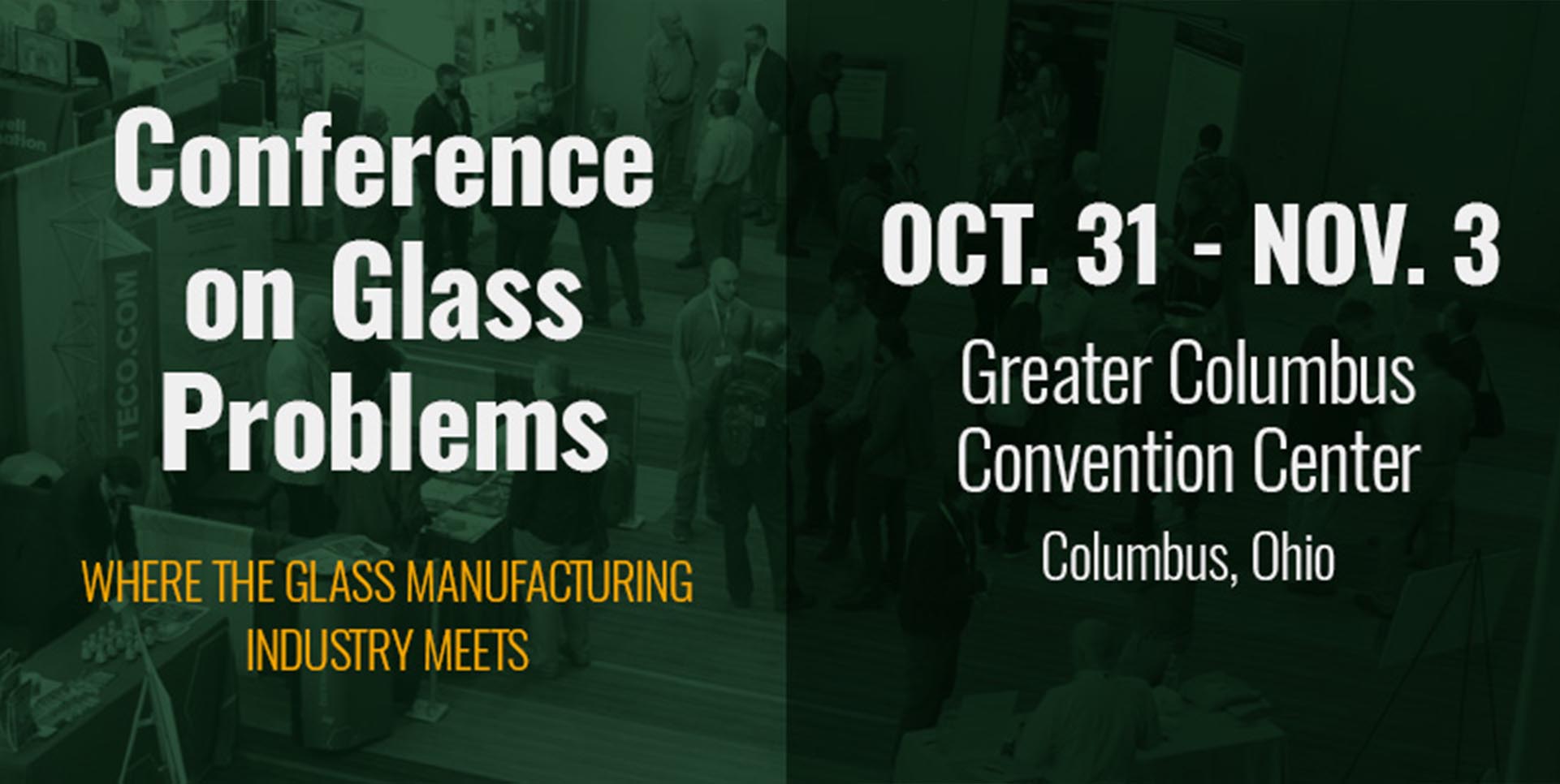83rd Conference on Glass Problems
AirPro Booth #604 will be shined up and ready to welcome glass manufacturers at the 83rd Conference on Glass Problems (GPC), the premier U.S. event in the glass manufacturing industry, from October 31 to November 3, 2022, in Columbus, Ohio.
Content and Connections for Glass Manufacturers at the Conference on Glass Problems
We look forward to meeting decision-makers, managers, and engineers from glass manufacturers across the industry. They convene annually in Columbus to address real-world manufacturing issues and solutions across topics including energy, furnace technology, sustainability, R&D, development, batch, sourcing, logistics, sales, and more.
The conference is presented by the Glass Manufacturing Industry Council and Alfred University, and is endorsed by The American Ceramic Society. Glass Worldwide is the official journal.
Industrial Fan Applications Supporting Glass Manufacturers
Our industrial fans serve key applications for glass manufacturers and original equipment manufacturers (OEMs) who also serve the industry. We support various industrial centrifugal fan applications, including combustion, tempering air, dust collection, and pollution control. Here’s more on these common glass manufacturing applications:
Combustion Air
Glass manufacturers require combustion to burn fuel in applications like boilers, dryers, ovens, furnaces, and process burners. The combustion air blower supplies the stable and consistent airflow (oxygen) required to maximize the efficiency and effectiveness of the entire combustion air system.
Tempering Air
Tempering increases the toughness of glass and other materials, such as steel and aluminum. Glass manufacturers heat the material above its annealing point and then rapidly cool it through a process called quenching using a tempering air fan. Tempering air also rapidly cools hot air from a combustion chamber.
Dust Collection
Glass manufacturing operations often include dust collection. Dust collector fans help remove nuisance or process dust from the industrial airflow by processing the air and particles through dust collectors like fabric filter baghouses and cartridges. This improves the quality and safety of the air in the system.
Pollution Control
Combustion produces air pollutants as byproducts, which must be addressed through various industrial air pollution control applications to protect people and the environment and adhere to the tight emissions regulations governed by the United States Environmental Protection Agency (EPA).
Hope to See You in Columbus at the GPC
If you’re in the industry or if you’re an OEM that serves glass manufacturers, you can still register here. Come on out and look for our booth #604. Stop by any time during the show and/or connect with application engineer Kenny White on LinkedIn to schedule a specific time (and for future reference)!
Contact Us with any questions or to discuss a project. We welcome comments and questions via our LinkedIn Page, and you can always Request a Quote if you’re ready to roll.


